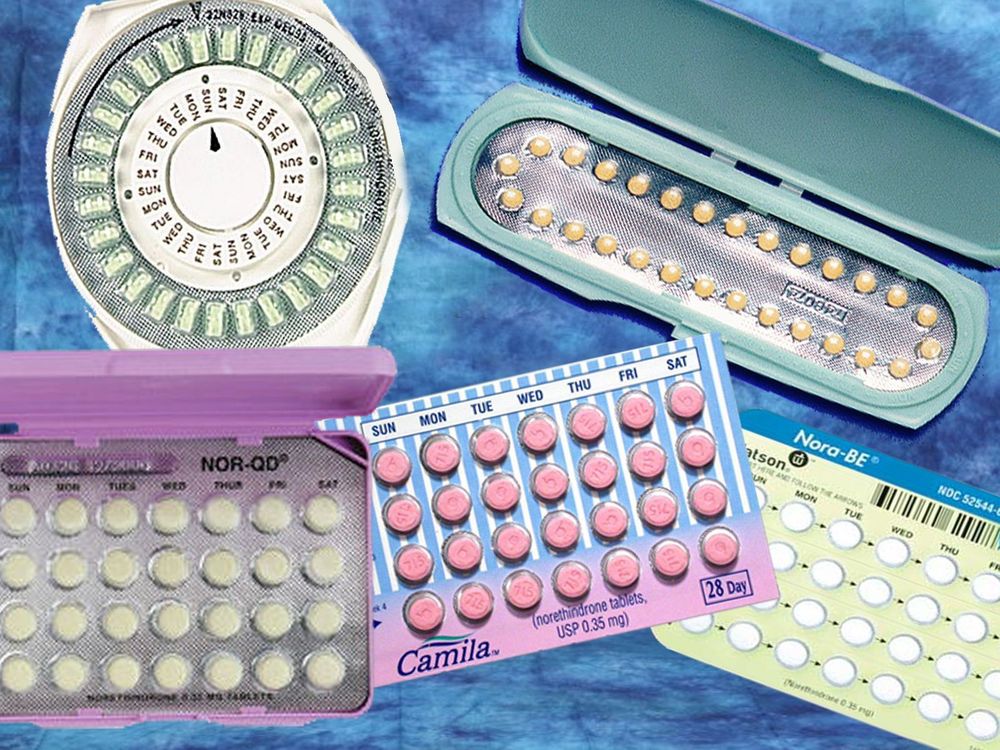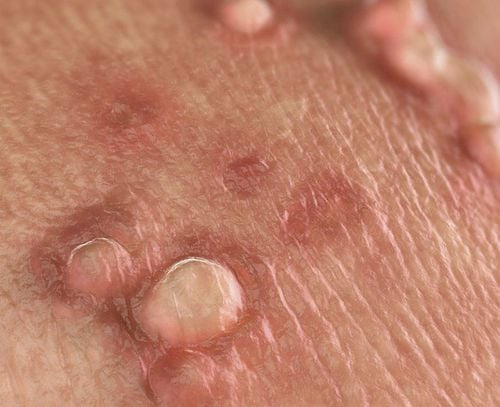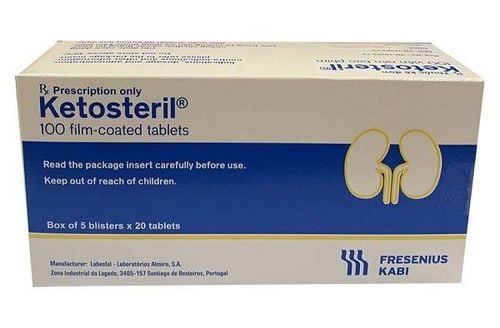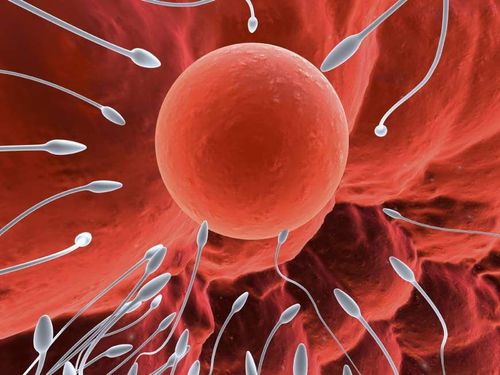Prolonged menstruation after a cesarean section is a common issue that many postpartum mothers face, causing discomfort in daily life and posing several health risks. What are the causes of prolonged menstruation after a cesarean section?
1. Prolonged menstruation after a cesarean section
According to normal physiology, a woman's menstrual cycle will return to normal about 6 months after childbirth. During pregnancy and childbirth, the levels of sex hormones in women undergo significant changes, causing the menstrual cycle to change, such as becoming shorter, longer, or irregular compared to before pregnancy. One of the common changes is prolonged menstruation after a cesarean section.
Prolonged menstruation following a cesarean section is defined as a menstrual cycle lasting longer than 7 days. Prolonged menstruation is a very common disorder in postpartum women.
2. What are the causes of prolonged menstruation after a cesarean section?
A woman's menstrual cycle is regulated by two female sex hormones, estrogen and progesterone. Menstruation occurs due to the thickening of the endometrial lining and blood vessels in the first half of the cycle to prepare for the implantation of a fertilized egg. If fertilization does not occur, this lining sheds, exposing blood vessels and forming menstrual blood each month.

Hormonal imbalances following pregnancy can result in excessive thickening of the endometrium and blood vessels, leading to prolonged and heavy menstrual bleeding after a cesarean section.
According to specialists, the causes of prolonged menstruation after a cesarean section can include:
- Hormonal imbalance: This is the main cause of prolonged menstruation after childbirth.
Resumption of ovarian activity: During pregnancy, the ovaries temporarily stop functioning. After childbirth, the resumption of ovarian activity can cause menstrual cycles to return and become irregular initially, leading to prolonged menstruation. - Gynecological infections: After childbirth, improper care and hygiene can lead to infections in the genital area, affecting the menstrual cycle.
- Use of contraceptives: Misuse of contraceptives may also contribute to prolonged menstruation after a cesarean section. Many women use contraceptives after giving birth, which can disrupt hormonal balance and lead to prolonged menstruation.
3. Recognizing abnormal prolonged menstruation?

Some signs to recognize prolonged menstruation after a cesarean section include:
- Menstrual period lasting more than 7 days
- Menstrual blood volume greater than 80ml (normally about 50 - 80 ml per cycle). Menstrual blood clots into large lumps
- Menstrual disorders lasting for two consecutive menstrual cycles
- Sometimes, the amount of menstrual blood is heavy and continuous for over an hour, making one sanitary pad insufficient
Additionally, some other systemic signs that may suggest severe prolonged menstruation include:
- General fatigue and lethargy due to blood loss
- Symptoms of anemia, weakness, and possible fainting
- Psychological stress and tension
- Nausea and dizziness
- Low blood pressure
4. Prolonged menstruation after surgery is very dangerous

Regardless of severity, prolonged menstruation following a cesarean section can significantly impact the health of postpartum mothers. After childbirth, a woman's body is already weakened, and losing a significant amount of blood can lead to anemia, causing dangerous symptoms such as dizziness, lightheadedness, or even fainting.
Heavy and prolonged bleeding in the genital area creates a very favorable environment for bacteria and fungi to develop, leading to severe gynecological infections, which can result in many dangerous complications affecting reproductive health in the future.
Finally, prolonged menstruation after a cesarean section can make postpartum women extremely uncomfortable, constantly stressed, and depressed. Combined with other factors, this can easily lead to postpartum depression.
5. How to handle prolonged menstruation after surgery?
Treatment for prolonged menstruation after a cesarean section depends on the cause and condition of each individual. In mild cases, prolonged menstruation due to hormonal imbalance does not require treatment as it can resolve on its own over time.
In more severe cases, postpartum women need to see a doctor for an accurate diagnosis of the cause, and then receive the most appropriate treatment.
Additionally, when experiencing prolonged menstruation, women should apply the following measures to limit the dangers caused by prolonged menstruation:

- Ensure proper daily hygiene of the genital area and avoid deep vaginal douching. If menstrual bleeding is heavy, change sanitary pads frequently to keep the area dry and hygienic.
- Create a comfortable mindset, avoid stress: Postpartum life involves facing many different issues, which can significantly affect mental health and cause menstrual cycle disorders. Therefore, to prevent prolonged menstruation after childbirth, postpartum mothers should try to maintain a comfortable mindset and limit unnecessary worries and stress.
- Share difficulties with family, especially the husband, to solve problems together during the postpartum period.
- Avoid sexual intercourse: After childbirth, the uterine lining is already damaged. Therefore, to limit prolonged menstrual bleeding, couples should avoid sexual intercourse after childbirth.
- Appropriate lifestyle and nutrition: Adopting a balanced diet, maintaining a healthy lifestyle, and ensuring adequate rest can effectively manage prolonged menstruation following cesarean delivery. A diet rich in fruits, vegetables, iron-rich foods, and vitamin B6 helps prevent anemia and stabilize female hormones.
After childbirth, a mother's body changes, and she may suffer from various conditions such as postpartum hemorrhage, urinary incontinence, digestive disorders, bowel and bladder disorders, rectal prolapse, etc. Many mothers experience prolonged menstruation and hormonal imbalances. Therefore, after childbirth, mothers can undergo a comprehensive health check-up at Vinmec International General Hospital to assess their postpartum health. Mothers will have the opportunity to consult with specialists and receive advice and care to improve their postpartum health and take good care of their children.
To arrange an appointment, please call HOTLINE or make your reservation directly HERE. You may also download the MyVinmec app to schedule appointments faster and manage your reservations more conveniently.













